Por: Ngozi Okonjo-Iweala
Cuando uno piensa sobre las mujeres adolescentes, podría imaginarse estereotipos comunes, desde la chica mala hasta la estudiante de secundaria hosca encerrada en su dormitorio. La realidad es que las adolescentes no sólo son algunas de las personas más marginadas del mundo, sino que también tienen un potencial prácticamente inigualable cuando se trata de ayudar a construir un futuro mejor para todos.
Como están las cosas actualmente, a las adolescentes se les niega, de manera sistemática, tener control sobres sus destinos. Hoy en día, más de 32 millones de las adolescentes más pobres del mundo no asisten a centros educativos. Cada día, 39.000 niñas menores de 18 años se convierten en esposas. Para un gran número de niñas y adolescentes en todo el mundo, los derechos reproductivos son solamente un sueño imposible de alcanzar.
Esta situación es moralmente condenable, socialmente contraproducente y económicamente estúpida. Al abordarla, no sólo podríamos proteger a millones de niños; también podríamos afrontar algunos de los mayores retos que enfrenta hoy en día el mundo.
Considere el desafío planteado por el rápido crecimiento demográfico. Aunque el tamaño de la población parece estar nivelándose en la mayor parte del mundo, continúa aumentando rápidamente en algunas regiones, particularmente en aquellas donde las niñas enfrentan las barreras más altas. En África, se espera que la población crezca al doble hasta el año 2050 y se cuadruplique en el 2100.
Si a las adolescentes se les diera el conocimiento, habilidades y herramientas para evitar los embarazos no deseados y tomar el control de su propio futuro, las tasas de fecundidad se reducirían sustancialmente. Estas mujeres jóvenes instruidas y empoderadas podrían convertirse en agentes para el logro de un cambio positivo dentro de sus comunidades.
Proteger a las niñas y mujeres jóvenes del mundo es una tarea difícil. Sin embargo, los países se han comprometido, mediante la suscripción de los ambiciosos Objetivos de Desarrollo Sostenible (ODS), a cumplir dicha tarea en el año 2030, poniendo fin a los matrimonios infantiles y garantizando que todas las niñas asistan a la escuela. Pero, si los países quienes lograr la protección y el empoderamiento de las niñas, deben también hacer suya la promesa de una iniciativa clave: ampliar el acceso a la vacuna contra el virus del papiloma humano (VPH), virus que es causante de la mayoría de los casos de cáncer cervical.
La vacuna contra el VPH, un avance científico relativamente nuevo, es más eficaz cuando se la aplica a niñas de nueve a 13 años, quienes aún no han sido expuestas a dicho virus, lo que significa que nunca han tenido relaciones sexuales. Este requisito de edad diferencia a la vacuna contra el VPH de la mayoría de las otras vacunas infantiles que se administran principalmente a bebés.
A primera vista, esto puede parecer una desventaja, ya que la vacuna contra el VPH no se puede simplemente incorporar dentro de otras iniciativas de vacunación. Sin embargo, en la práctica, el requisito de edad proporciona una importante oportunidad para ofrecer a las adolescentes otros servicios de salud de vital importancia, como lla educación reproductiva, higiene menstrual, desparasitación, controles nutricionales, inyecciones de vitaminas y revisiones médicas generales.
Es alentador que los gobiernos de países en desarrollo soliciten, cada vez con más frecuencia, la vacuna contra el VPH. Esto tiene sentido: de las 266.000 mujeres que mueren por cáncer de cuello uterino cada año –un promedio de una mujer cada dos minutos– el 85% se encuentran en países en desarrollo. Si no se controla, se espera que la cantidad aumente a 416.000 hasta el año 2035, superando la cifra de mortalidad materna. Para muchos de estos países, la vacuna contra el VPH no es sólo una solución eficaz, que evita 1.500 muertes por cada 100.000 mujeres vacunadas; a menudo es la única solución, ya que los países más pobres carecen de la capacidad para ofrecer detección o tratamiento del cáncer de cuello uterino. Esta es una razón por la que expertos en cáncer, funcionarios públicos, líderes del sector privado y representantes de la sociedad civil se reunieron hace unas semanas en Addis Abeba en la Décima Conferencia para Detener el Cáncer Cervicouterino, de Mama y de Próstata en África
Hay más buenas noticias: ya se han sentado las bases de una iniciativa de vacunación contra el VPH. En el año 2013, mucho antes de que se acordaran los Objetivos de Desarrollo,Gavi (Alianza Mundial para Vacunas e Inmunización), en la cual desempeño el cargo de presidenta de la junta directiva, tomó medidas para hacer que las vacunas contra el VPH estén disponibles y sean asequibles en los países pobres. Desde entonces, hemos sido testigos de la incorporación de la vacuna en 23 países a través de proyectos piloto de demostración, y cinco países están listos para ser los próximos en incorporarla.
Sin embargo, existen retos importantes en el horizonte. Si bien se ha comprobado que las celebración de las sesiones de vacunación en las escuelas es exitosa, es a su vez un método inadecuado para llegar a un gran número de niñas en países que tienen bajas tasas de asistencia escolar, especialmente en las zonas urbanas. A menos que encontremos una manera de llegar a los grupos más vulnerables, ni la voluntad política o financiación serán suficientes para alcanzar los Objetivos de Desarrollo en cuanto a la protección de las mujeres y niñas.
Si se considera que sólo dos países apoyados por la Alianza Gavi, ambos con tasas relativamente altas de niñas inscritas en centros escolares, han introducido hasta ahora la vacuna a nivel nacional, no está del todo claro lo difícil que será superar este reto. A medida que nos alejamos de los proyectos de demostración y nos adentramos en un sistema más eficiente y rentable de introducciones en fases y a escalas cada vez mayores, deberíamos tener una idea más clara sobre qué se puede esperar que ocurra.
Tenemos algunas ideas para llegar a las niñas que no están en la escuela, como llegar a ellas en los centros de salud comunitarios. Tal y como están las cosas, las mujeres suelen ir a un centro comunitario de salud cuando están embarazadas, o a vacunar a sus bebés. Pero, si se involucra a líderes de la comunidad y a padres para crear conciencia sobre la prevención del cáncer cervical y otras preocupaciones de salud, encontraremos que es posible generar demanda y lograr buenos niveles de participación en estos centros.
Garantizar que todas las niñas tengan acceso a vacuna contra el VPH podría mejorar innumerables vidas, no sólo por reducir las tasas de cáncer de cuello uterino, sino porque permite la provisión de numerosos otros servicios de importancia crítica. Es una oportunidad que debe estar en la mente de todos, expertos en cáncer, funcionarios gubernamentales, y representantes del sector privado y de la sociedad civil. Y es un mandato a cumplir para los 193 gobiernos que han suscrito los Objetivos de Desarrollo Sostenible. No debemos defraudar a nuestras niñas.
Fuente: http://elpais.com/elpais/2016/08/17/planeta_futuro/1471446228_828758.html
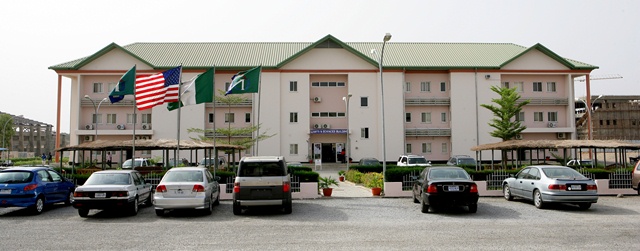
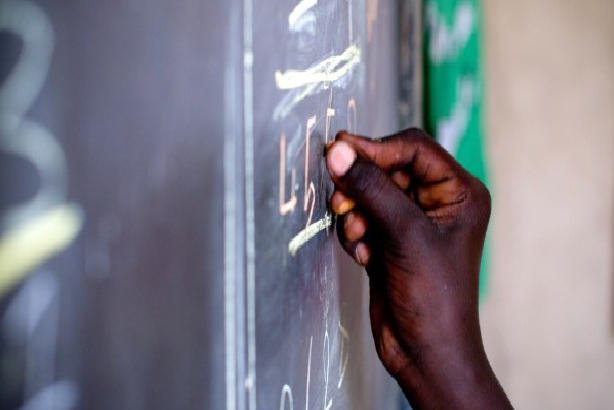
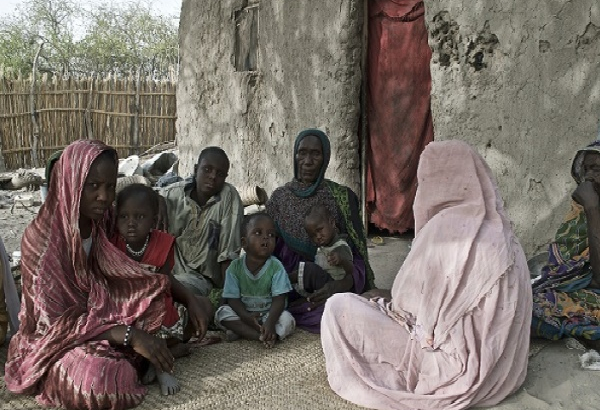
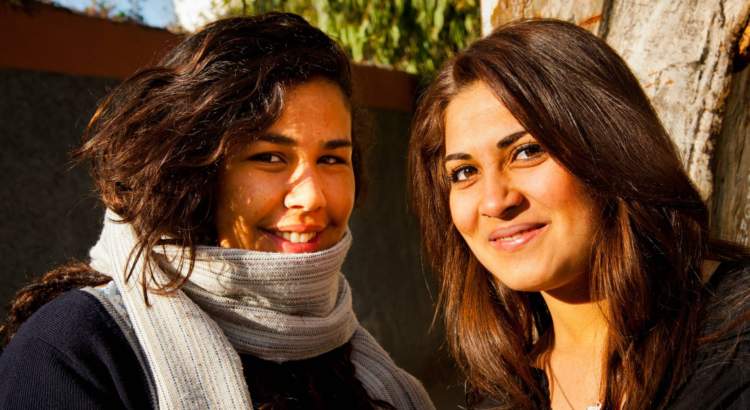

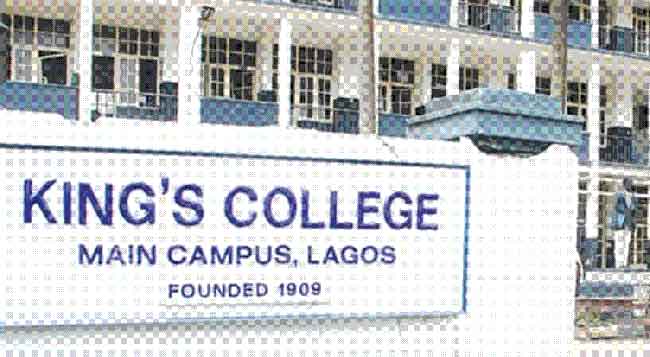
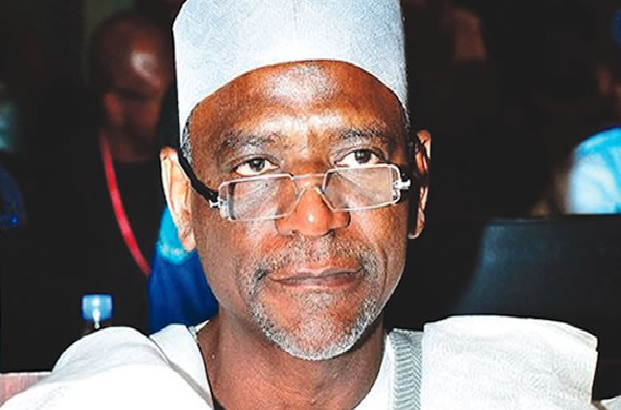






 Users Today : 69
Users Today : 69 Total Users : 35460200
Total Users : 35460200 Views Today : 98
Views Today : 98 Total views : 3418881
Total views : 3418881